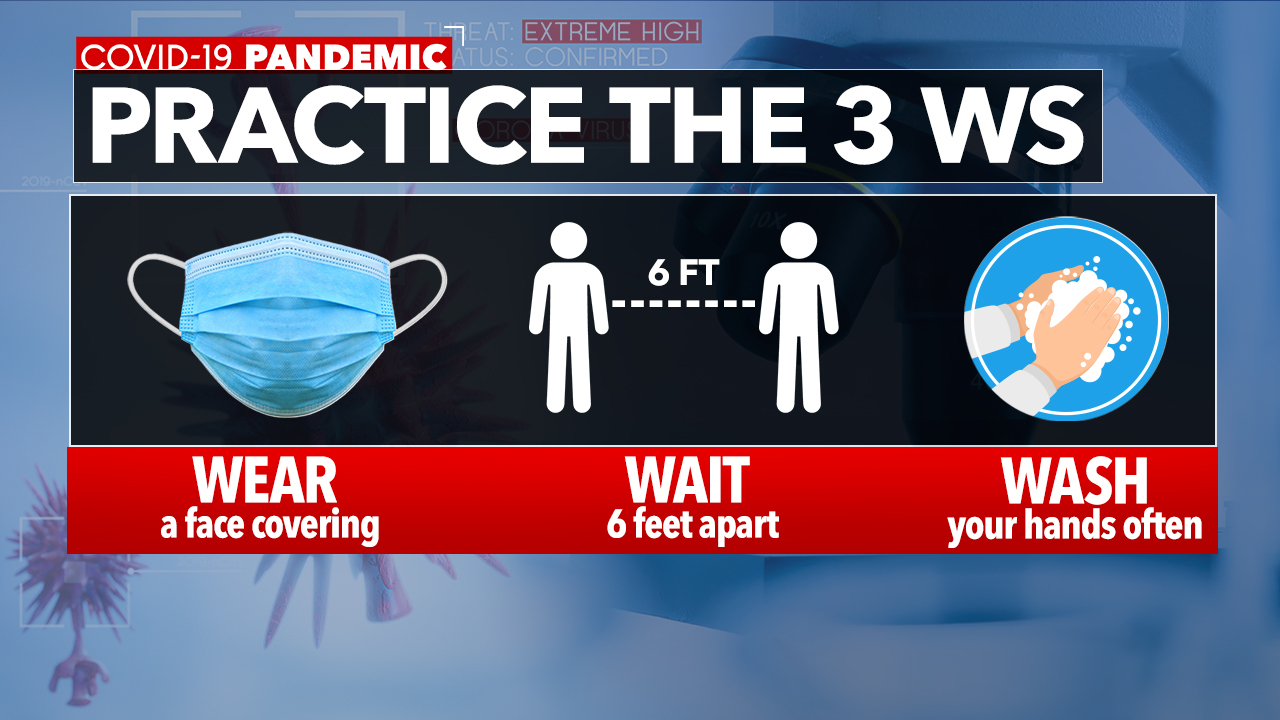Latinos disproportionately account for COVID-19 cases in North Carolina
DURHAM, N.C. (WTVD) -- Maria Machado cleans at a Durham nursing home. She said that's where she got the novel coronavirus.
"I had fever for three to four days," she said. "I didn't leave my home. It was very difficult being locked up. But I stayed home for 14 days. I did it for my family."
Machado is one of more than 4,000 Latinos in North Carolina who contracted COVID-19.
Hispanics make up 32 percent of coronavirus cases in the state, while only accounting for nearly 10 percent of the population.
In Wake County, the numbers are similar. Hispanics make up 10 percent of the population and 27 percent of COVID-19 cases.
And in Durham County, more than 50 percent of COVID-19 cases confirmed in the past two weeks have been in those identified as Hispanic or Latino.
"Part of that has to do with working conditions, it has to do with living situations and it has to do, also, with access to care and access for services," said Wake County EMS Medical Director Dr. Jose Cabanas.
Dr. Cabanas said they're doing outreach to the Latino community.
"To try to make sure they have the resources, understand their access points for healthcare and see what additional measures we can help navigate," he said. "More importantly is education and trying to get information out in a way that is received broadly in the community."
A mobile clinic set up outside the International Foods in Raleigh performs curbside COVID-19 tests after patients have a telemedicine appointment to determine whether they need a test. The majority of its patients are Hispanic.
Julia Lockamy is a family nurse practitioner at the clinic, a partnership between LliBott Consultorios Medicos and El Centro Hispano in Durham.
"The people in the Hispanic community, a lot of these patients that I'm seeing are the people who -- they pick the lettuce that goes on the grocery store shelf," Lockamy said. "They're the people who are actively making the things in the factories. They're people who are building the construction for these new buildings that are going on downtown. Whether or not somebody who's watching, if they don't have a lot of interaction, they know of, with the Hispanic community, the Hispanic community is absolutely impacting them, and their health is important."
Lockamy said 70 percent of her day is spent talking to people concerned they have COVID-19 or performing coronavirus tests.
"For a lot of people in the Hispanic community, they may not have, necessarily, access to healthcare so they might have underlying conditions that have been untreated, like maybe diabetes or high blood pressures," Lockamy said. "Or it could be their work environment, where maybe they're afraid to call out sick for work because they don't have any protections from their employer and they might feel pressured to go to work sick and so the people around them at their workplace might be more vulnerable to disease in that way."
Lockamy and Dr. Cabanas stress the importance of social distancing and wearing a mask when out in public.
"Making sure you're doing the proper hygiene, washing your hands," Dr. Cabanas said. "All those things are going to help tremendously mitigate the spread of disease."
Now recovered from COVID-19, Machado, who lives in Durham, is back to work.
"This is not a joke," she said. "It's not made up. It's the reality I lived."







